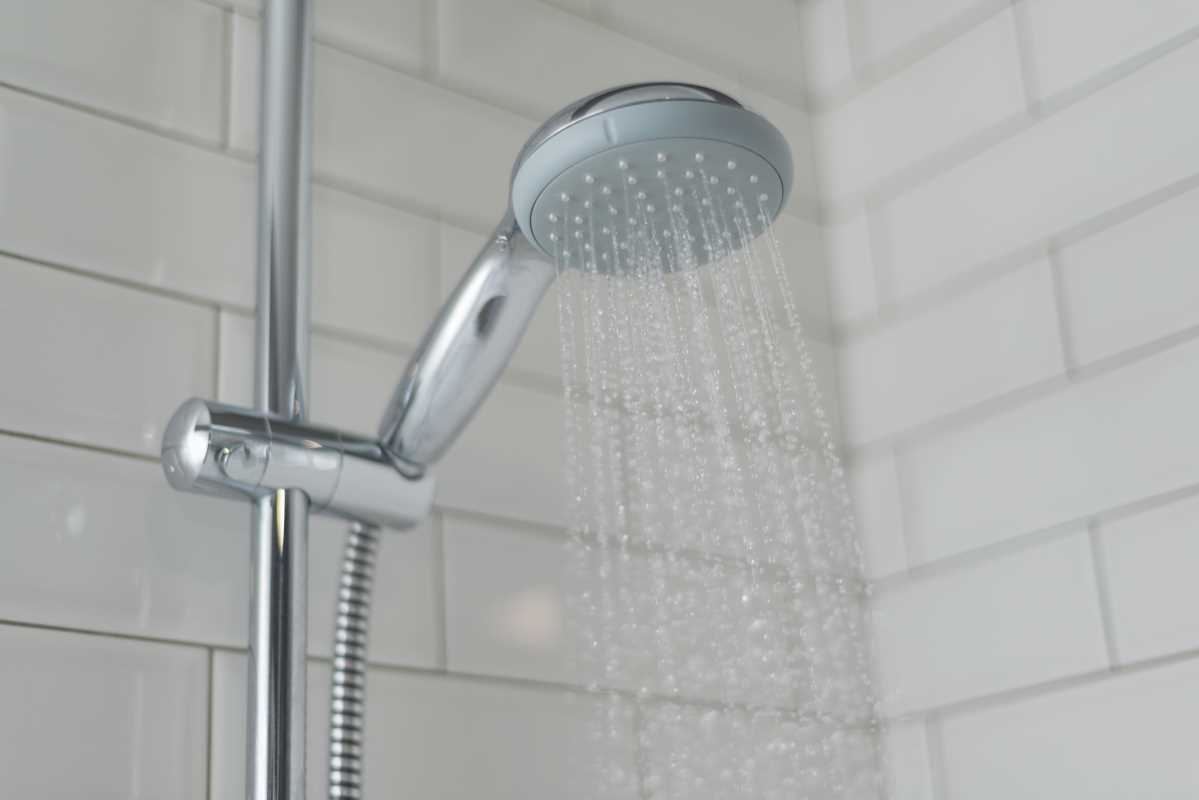Getting a good night's sleep is crucial for overall health and well-being. While many rely on sleep aids, making simple adjustments to your daily routine can significantly enhance your sleep quality. These are a few ways you can improve your sleep hygiene and ensure a restful night's sleep.
Creating a Relaxing Bedtime Routine
Developing a calming bedtime routine can signal to your body that it's time to wind down and prepare for sleep. This can include activities like reading a book, taking a warm bath, or practicing relaxation techniques such as deep breathing or meditation. Engaging in these calming activities can help reduce stress and promote relaxation, leading to a more restful night's sleep.
Limiting Screen Time Before Bed
The blue light emitted from electronic devices like smartphones, tablets, and computers can interfere with your body's production of melatonin, the hormone that regulates sleep. Limiting screen time at least an hour before bed can help signal to your brain that it's time to sleep. Instead of scrolling through social media or watching TV, try reading a book or listening to calming music to help you unwind before bedtime.
Maintaining a Consistent Sleep Schedule
Going to bed and waking up at the same time every day, even on weekends, can help regulate your body's internal clock and improve the quality of your sleep. Consistency is key when it comes to establishing a healthy sleep routine. Try to create a sleep schedule that allows for at least 7-9 hours of sleep each night to ensure you're well-rested and ready to tackle the day ahead.
Creating a Comfortable Sleep Environment
Your sleep environment plays a significant role in the quality of your sleep. Make sure your bedroom is cool, quiet, and dark to promote optimal rest. Investing in a comfortable mattress and pillows that support your preferred sleeping position can also make a difference in how well you sleep. Keep your bedroom clutter-free and create a relaxing atmosphere that promotes rest and relaxation.
Limiting Caffeine and Alcohol Intake
Consuming caffeine and alcohol close to bedtime can disrupt your sleep patterns and make it difficult to fall asleep. Caffeine is a stimulant that can interfere with your ability to fall asleep, while alcohol can disrupt the quality of your sleep and lead to frequent awakenings throughout the night. Limiting your intake of these substances, especially in the hours leading up to bedtime, can help improve your sleep quality and promote better rest.
Incorporating Physical Activity Into Your Day
Regular physical activity can help improve the quality of your sleep by promoting relaxation and reducing stress. Incorporating exercise into your daily routine, even if it's just a short walk or stretching session, can help tire your body out and prepare it for sleep. Aim to exercise earlier in the day, as vigorous physical activity close to bedtime can have the opposite effect and make it harder to fall asleep.
By incorporating these simple changes into your daily routine, you can enhance your sleep quality and wake up feeling refreshed and rejuvenated each morning. Prioritizing good sleep hygiene is essential for overall health and well-being, so make sleep a priority and reap the benefits of a restful night's sleep.







